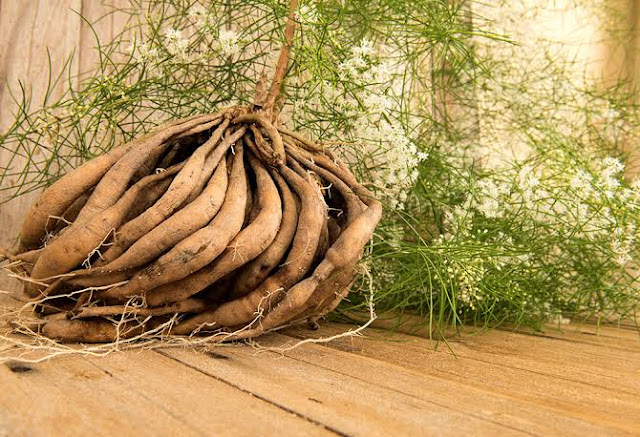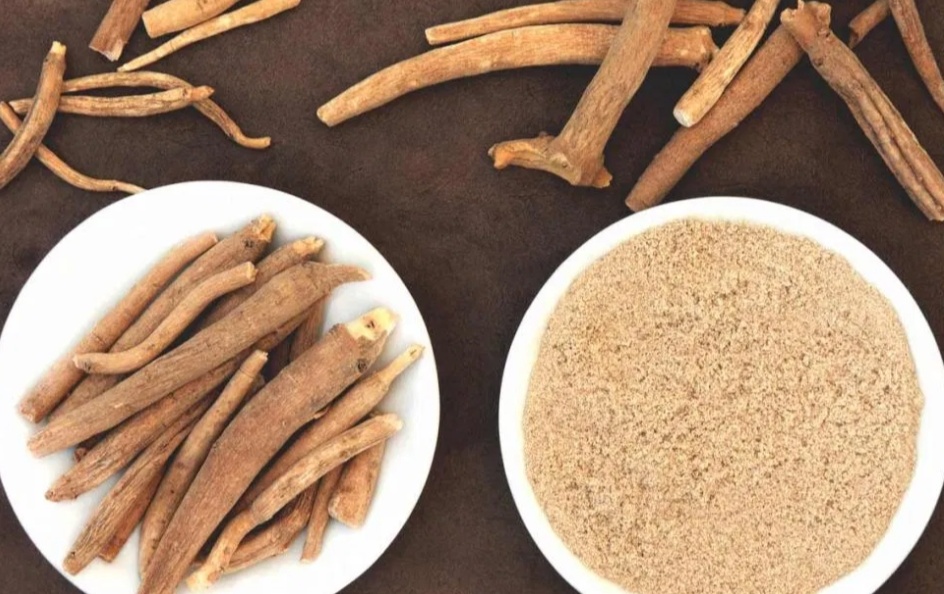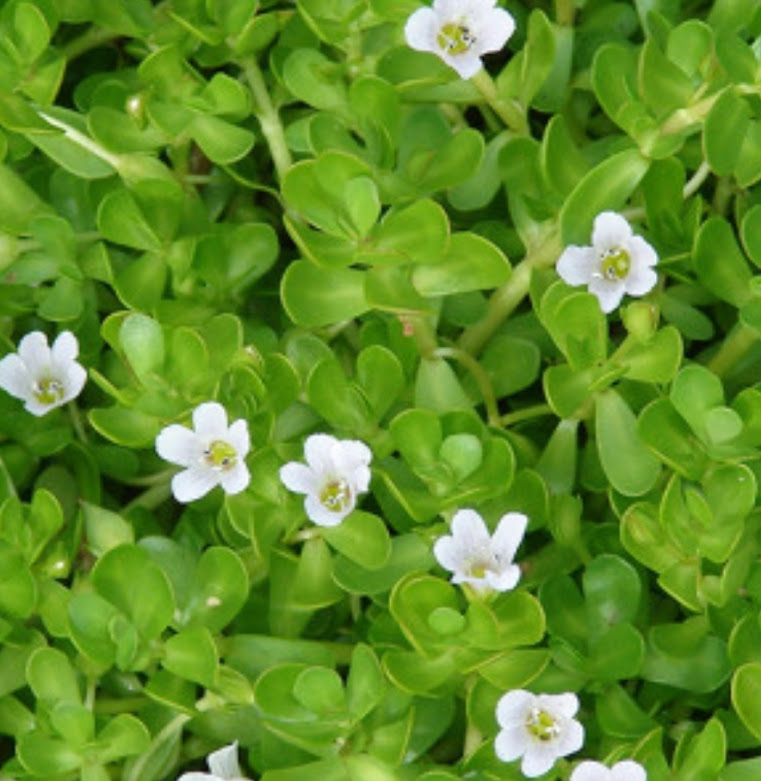Sesame seed (Tila)
Sesame seed(Til)
The tiny, oil rich seed which grows in the pods of the Sesamum indicum plant are sesame seeds. Sesame seed is one of the oldest oilseed crops known, domesticated well over 3000 years ago. Traditionally in India Sesame seeds and oil were used in many recipes for cooking from long time. Sesame has one of the highest oil contents of any seed. Sesame has a wide range of adaptation and a remarkably large number of varieties have been developed suiting to diverse agroclimatic conditions. Sesame seeds have many potential health benefits and have been used in ayurvedic medicine for thousands of years. Sesame seeds occur in many colours depending on the cultivar. The most traded variety of sesame is off-white coloured. Other common colours are buff, tan, gold, brown, reddish, gray, and black. The colour is the same for the hull and the fruit. It shows antipyretic, antibacterial, antifungal, antiviral, anti-aging(it prevents the skin cells from oxidation and improves rejuvenation and thus slows down ageing process of the skin), antiinflammatory properties.
It is commonly called as til (Hindi), huma (Chinese), sesame (French), goma (Japanese), gergelim (Portuguese) and ajonjoli (Spanish).
Two types of sesame seeds which are good
1) Black
2) white
• Black contains more calcium content that the white.
• The black sesame seeds are the best. White is of medium quality and the rest of the sesame seeds including red are of inferior quality.
Parts of sesame used
Sesame seed, oil and whole plant
Vitamins and minerals content
Vitamin : Vitamin(A, B1, B2, B3, B6, B9, C, E)
Minerals : calcium, iron, magnesium, phosphorus, potassium, sodium, zinc, copper and manganese
Sesame seed is rich in oil, contains high amounts of (83-90%) unsaturated fatty acids, mainly linoleic acid (37-47%), oleic acid (35-43%), palmitic acid(9-11%) and stearic acid (5-10%) with trace amount of linolenic acid.
Sesame seeds are a rich source of antioxidants and bioactive compounds including phenolics, phytosterols, phytates, PUFA and short chain peptides.
- With this it also contains large amount protein, carbohydrates, fiber, sulfur amino acids and phytosterols.
- antioxidative agents (sesamin, sesamolin, sesamol, their glucosylated forms sesaminol, glucosides and tocopherol)
- Sesame seeds also contain two unique substances: sesamin and sesamolin known to have a cholesterol lowering effect in humans and to prevent high blood pressure.
Qualities of sesame oil
• Taste – sweet, Bitter, Astringent as a sub-taste.
• Sukshma – minute, enters minute body channels
• Vyavayi – gets absorbed and enters body channels very quickly. ( It penetrates into the skin quickly and enters the blood stream through the capil-laries and penetrates through the tissues to the very marrow of the bone.)
• Teekshna – strong, piercing,
• Vishada – clear, clarity
• Guru – heaviness
• Sara – eases bowel movements
• Vikasi – loosens joints
• Lekhana – scraping.
• Taste conversation after digestion – sweet taste(madhur)
• Veerya– Hot potency
• Effect on Tridosha – Balances Vata and Kapha Dosha, Slightly increases Pitta Dosha
• Balakara – improves strength and immunity
• Deepana – improves digestion strength
• Shrothovishodhan – clears and cleanses body channels
• Tvachya – good for skin
• Vrushya – aphrodisiac, improves vigor
• Vayasthapana – anti aging, rejuvenating
• Medhakara – Improves intelligence
• Smrithikara – improves memory
- Applying sesame oil on head regularly helps to get rid from headache, baldness, graying of hair, hair fall. It helps to increase Strength of head(specially forehead), blackness of hair, long and deep rooting of hair, quality of hair, hair growth, control dry scalp, kills dandruff, sensibility of organs, brightness of skin and face. Applying sesame oil provide sound sleep and freshness.
Health benefits of sesame
1) lowers the cholesterol
Sesame helps to reduce LDL(low density lipid) and increases HDL(High density lipid). Research indicates that eating more polyunsaturated and monounsaturated fat relative to saturated fat may help lower your cholesterol and reduce heart disease risk. While sesame contains 15% saturated fat, 41% polyunsaturated fat, 39% monounsaturated fat and lignans, phytosterols those helps to lower the cholesterol and triglycerides level.
2) Anti-aging
Consuming sesame seeds regularly increases Antioxidant activity in blood, works against oxidative stress and prevents various chronic diseases. In fact, these seeds are also a rich source of gamma-tocopherol, a type of vitamin E that provides good skin health. Sesame seeds promote healthy and beautiful skin as they are rich in omega-6, calcium, magnesium, phosphorus, iron, vitamins B and E which have been used as products for beautification. Sesame seeds are considered the ‘fountain of youth’. They contain high levels of zinc, a vital component in the formation of collagen, which strengthens the muscle tissue, hair and skin. Sesame seed oil reduces the appearance of burns and marks on the skin, as well as the signs of premature aging.
3) Immunity
These seeds are a rich source of various nutrients like selenium, copper, zinc, iron, vitamin B6, vitamin E that play a crucial role in the production of white blood cells to fight infections. If you are suffering from zinc deficiency, eat these nutty seeds to boost the levels. body needs zinc to develop and activate certain white blood cells that recognize and attack invading microbes.
4) Calcium
Regular consumption of sesame seeds provides good amounts of calcium, zinc, magnesium, manganese, especially for women which in turn contributes to healthy bones. Since, these seeds contain natural compounds like phytates and oxalates that may slow down the absorption of nutrients in the body, eat them after roasting, soaking or Sprouting. This will reduce the concentration of these natural compounds by at least half, facilitating more nutrient absorption
- sesame seeds contain natural compounds called oxalates and phytates, antinutrients that reduce the absorption of these minerals. One study found that sprouting, soaking, roasting reduced phytate and oxalate concentration by about 50% in both hulled and unhulled sesame seeds
Caution : 1) Excess consumption sesame oil causes respiratory disorder.
Intake/application/uses of sesame
1) Sesame oil is used for oil pulling to heal mouth ulcers.
2) Paste of sesame seeds is applied over wounds for quick wound healing.
3) Sesame oil is a safe oil for massage of babies and children. It helps to strengthen the bones, muscles and joints. In india many mother's use sesame seeds oil to massage their babies.
4) Sesame oil message on head helps to calm the mind, deep relaxation, relieves headache and gives good sleep.
5) Oil prepared with Sesame oil base is used for nasal installation, as ear drops etc.
6) Sesame oil is used in Ayurveda for food preparation, massage, oil pulling which is the best detoxificant.
- Internally, the oil molecules attract oil soluble toxins and carry them into the blood stream and then out of the body as waste.
7) Mixture of Sesame oil cakes, Vidanga (Embelia ribes), sugar cane juice and cow dung is sprinkled to the root of a plant. This practice enables flowering of the plant in all the seasons.
8) Sesame leaves are used to treat diarrhea, dysentery and cholera.
9) For toothache, make a pate of sesame seed and kept at the place of toothache.
10) For tingling of the teeth, weak teeth, water mixed with sesame seed paste is held in the mouth for 3 – 5 minutes.
11) warm massage on the abdomen can help reduce imbalanced vata in the abdomen.
12) sesame seed improves overall strength, immunity, vigor, skin moisture and cleanses body channel, Used before and after radiation treatments.
13) It also produces detoxifying effect which will keep skin warm and fresh. It is very effective in repairing damaged cells and improves blood circulation.
14) It protects the skin from the effects of chlorine in swimming pool water.
15) With sesame oil no cosmetics are needed as it is a natural UV protector, perfect moisturizer, night cream causing young facial skin and display natural good health.
16) It should be specially included in diet during fractures, muscle tear and osteoporosis.
17) It controls vaginal yeast infections and also useful in primary amenorrea.
18) Sesame oil helps joints keep their flexibiliy. It heals and protects areas of mild scrapes, cuts and abra-sions. It helps tighten facial skin, particularly around the nose and controls the usual enlargement of pores as skin ages. Sesame oil helps control eruptions and neutralizes the poisons that develop both on the surface and in the pores. Used on baby skin, particularly in the area covered by a diaper, sesame seed oil protects the tender skin against rash caused by the acidity of body wastes. In the nose and ears, it protects against common skin pathogens. For school going children, who are in the presence of other children with colds and sneezs, the oil swabbed in the nose protects against air borne viruses and bacteria.
19) Sesame seeds are often roasted prior to their use in confections. Roasting reduces the moisture content, develops a pleasant flavour and makes the seed or meal more acceptable for consumption. The reduction in moisture content during roasting of sesame prevents moulding and reduces staling and rancidity. Sesamol, an antioxi-dant, was detected only in roasted sesame oil.
20) use of sesame oil as a local antidote for Bhallatak toxicity.
21) For the treatment of prostatitis a spoonful of oil is given to twice a day for 2 – 3 months.
22) For burn, grind sesame with milk and apply it to the affected area.
23) For irregular menstruation, take a 12gram of sesame seed in 240 gram of water, put it on flame and reduce it to 1/4th, add jaggery in syrup and consume regularly every morning for several days.
Note 1) Many ayurvedic/herbal oils(taila) and herbal jams sesame seeds oil is the best base.
2) Of all the varieties of oil, sesame oil is best for improving strength and imparting oiliness to the body.
3) Sesame calms Vata and Kapha, slightly increases Pitta.
4) Sesame oil is an excellent skin moisturizer, skin softener and laxative.
5) sesame seeds helps to treats disorders caused due to vitiated kapha and vata dosha.
6) Sesame oil is the default oil to be used for all practical purposes.
7) sesame oil will help in improving blood circulation to the skin and tissues, and help remove dead skin cells and improve skin quality and texture.
8) Sesame oil is used as a base to prepare many medicated oils which are used in panchakarma procedures like Basti.
9) According to Acharya Charak, no other thing is equivalent to sesame in healing vatic disorders. So its routine intake will surely help in preventing vatic disorders.
10) In the ancient time, kings of demons by virtue of this oil overcame ageing, got rid of diseases as well as fatigue, acquired great strength instantaneously and fought battles successfully.
11) Sesame seeds also contain two unique substances: sesamin and sesamolin known to have a cholesterol lowering effect in humans and to prevent high blood pressure.
12) Cephalin, a phospholipid from sesame seed has been reported to possess hemostatic activity.
13) sesame seeds also used in breads, hamburger, buns, cakes.
If you want to give more suggestion in this, then comment us, we will replay your comment.
If you like this post, then share it and follow us on Instagram (@healthyeats793) and many thanks for coming to our site Healthy eats
keep visiting
Support us
3) Facebook
4) Pinterest
🙏🙏Subscribe and share for latest updates 🙏🙏
More posts from our site
- Click here for more information about Tamarind
- Click here for more information about Nutmeg (Jaiphal)
- Click here for more information about Viruddha aahra
- Click here for more information about Jambul (java phalam)
- Click here for more information about Marking nut (bibba)
- Click here for more Home remedies of Nirgundi
- Click here for more information about saffron
- Click here for more information about Elephant foot/Yam
- Click here for more information about Watermelon 🍉🍉
- Click here for more information about Jackfruit/phanus
- Click here for more information about summer care 🌞
- Click here for more information about Tamarind
- Click here for more information about Nutmeg (Jaiphal)
- Click here for more information about Viruddha aahra
- Click here for more information about Jambul (java phalam)
- Click here for more information about Marking nut (bibba)
- Click here for more Home remedies of Nirgundi
- Click here for more information about saffron
- Click here for more information about Elephant foot/Yam
- Click here for more information about Watermelon 🍉🍉
- Click here for more information about Jackfruit/phanus
- Click here for more information about summer care 🌞
Refrance : 1) Ashtanga Hrudaya Sutrasthana – 5th, 22nd 27th chapter
2) charak samhita
3) Charaka Chikitsa Sthana 17th chapter
4) Sushruta samhita
5) Bhaishajya Ratnavali book
6) madhav University
7) vrikshayurveda
8) Nutritional, Medicinal and Industrial Uses of Sesame (Sesamum indicum L.) Seeds - An Overview by acs
9) PUBMED
10) NCBI
11) sciencedirect.com
12) Phytochemical Contents and Antioxidant and Antiproliferative Activities of Selected Black and White Sesame Seeds by hindawi.com
13) International journal of life science and pharma research
14) local tradition and knowledge
15) Journal of Indian System of Medicine, August, 2013 Vol.1, Number 2,






👍👍👍
ReplyDeleteThis is nice, but i want you to check and tell me if my blog blog https://marachekkunallennai.blogspot.com/ is ok or what you suggest to improve
DeleteThanks
👍👍
ReplyDelete👍👍👍
ReplyDeleteGreat
ReplyDeleteAmazing ��
ReplyDeleteGraeat 1...
ReplyDeleteIt is great to see your efforts in providing such a informative, healthy and 360° angle of medicinal plants and their benefit in the needy time scale of today's era......Thank you!
ReplyDeleteI really appreciate your work👍
ReplyDeleteNice work.
ReplyDeleteThis is nice, but i want you to check and tell me if my blog blog https://marachekkunallennai.blogspot.com/ is ok or what you suggest to improve
DeleteThanks
Sesame seeds Supplier
ReplyDeleteNice post. Very helpful and knowledgeable content. Thanks for sharing! Sesame seeds suppliers
ReplyDeleteYour search for best oil for hair growth and thickness ends here! Book brings you a is of best oil for hair regrowth oil.
ReplyDeleteVery nice article. I read full article its very good information provided in this blog sesame oil for hair
ReplyDeleteVery nice article. I read full article its very good information provided in this blog sesame oil for hair
ReplyDeleteVery nice article. I read full article its very good information provided in this blog sesame oil for hair
ReplyDeleteFresh Black sesame oil Australia!
ReplyDeleteThanks for sharing nice information with us. i like your post and all you share with us is uptodate and quite informative, For more details, you can For more details, you can Click here
ReplyDelete